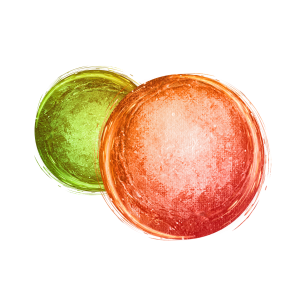Arthritis Call to Action
Arthritis Call
to Action
Kaamotaan (Reconciliation) –
Cleansing as Healing
Courtney Alexandra Fox
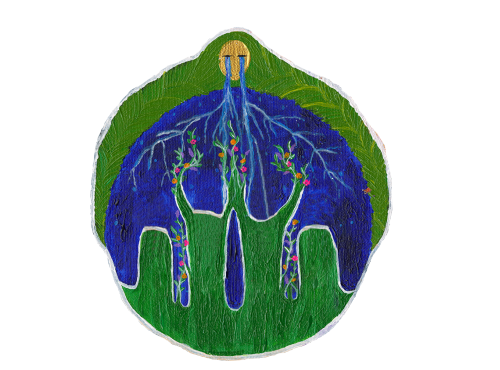
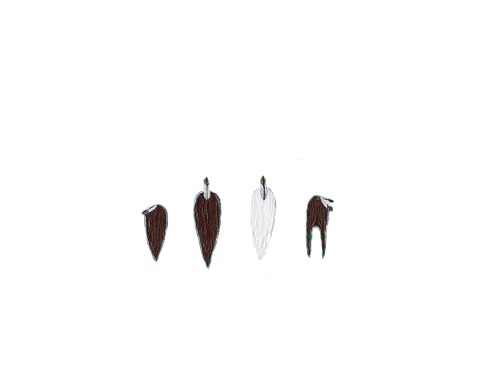
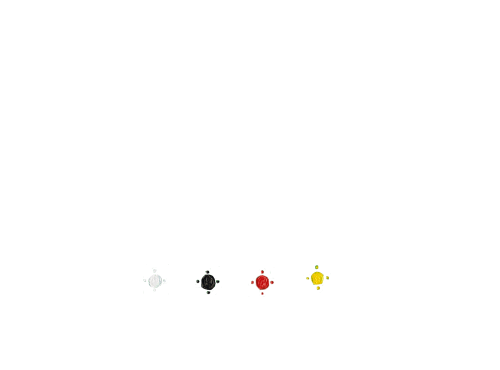
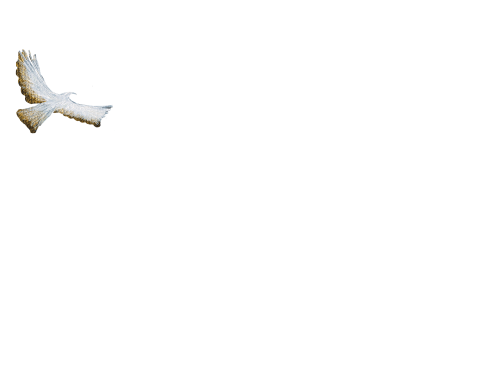

Kaamotaan (Reconciliation) –
Cleansing as Healing
Courtney Alexandra Fox
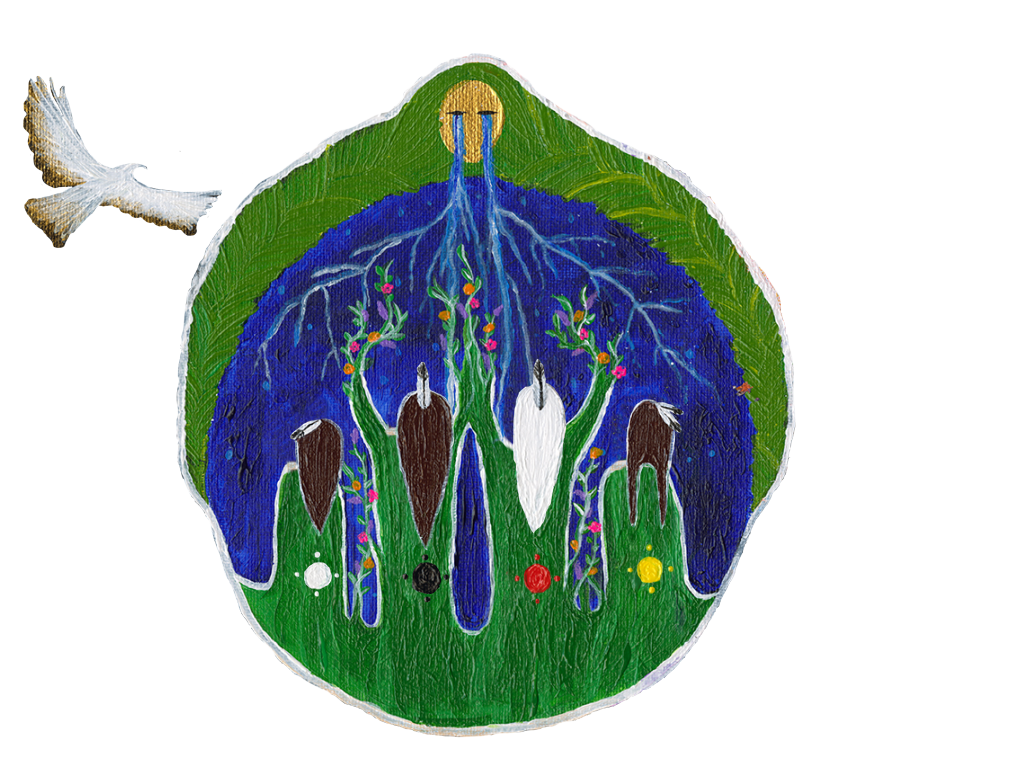

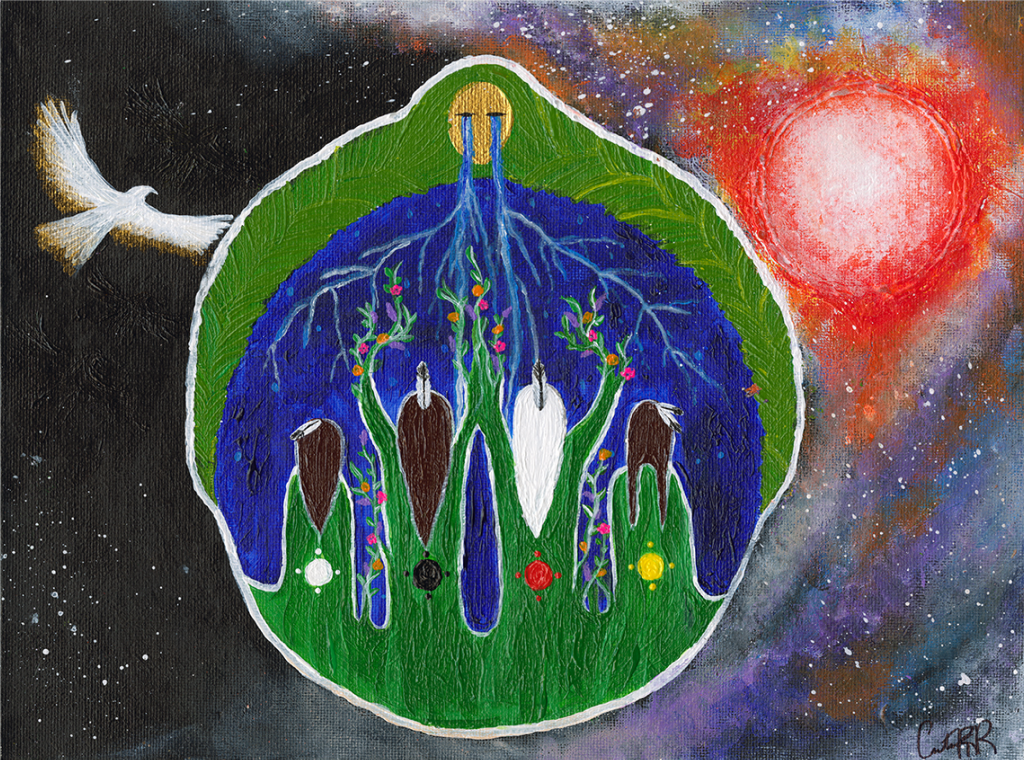
Kaamotaan (Reconciliation) –
Cleansing as Healing
Courtney Alexandra Fox
Arthritis Community Learning Circle
Background
Arthritis disproportionately affects Indigenous Peoples. Yet the path to empathic and culturally resonate care is hindered by the inequitable structures that exist. To address this, the arthritis community in Canada – rheumatology researchers, health care professionals, and patient organizations and their members – has established an Arthritis Community Learning Circle, which is a safe and trusted place where members of the Canadian arthritis community can participate and collaborate on Truth and Reconciliation activities and learn from Indigenous Scholars. Members come from diverse backgrounds with a shared desire to act and make meaningful contributions. The Arthritis Community Learning Circle is committed to supporting the design and delivery of healthcare that is respectful of, sensitive to and aligned with the specific needs, preferences and values of Indigenous Peoples living with arthritis.
Background
Arthritis disproportionately affects Indigenous Peoples. Yet the path to empathic and culturally resonate care is hindered by the inequitable structures that exist. To address this, the arthritis community in Canada – rheumatology researchers, health care professionals, and patient organizations and their members – has established an Arthritis Community Learning Circle, which is a safe and trusted place where members of the Canadian arthritis community can participate and collaborate on Truth and Reconciliation activities and learn from Indigenous Scholars. Members come from diverse backgrounds with a shared desire to act and make meaningful contributions. The Arthritis Community Learning Circle is committed to supporting the design and delivery of healthcare that is respectful of, sensitive to and aligned with the specific needs, preferences and values of Indigenous Peoples living with arthritis.
Arthritis disproportionately affects Indigenous Peoples. Yet the path to empathic and culturally resonate care is hindered by the inequitable structures that exist. To address this, the arthritis community in Canada – rheumatology researchers, health care professionals, and patient organizations and their members – has established an Arthritis Community Learning Circle, which is a safe and trusted place where members of the Canadian arthritis community can participate and collaborate on Truth and Reconciliation activities and learn from Indigenous Scholars. Members come from diverse backgrounds with a shared desire to act and make meaningful contributions. The Arthritis Community Learning Circle is committed to supporting the design and delivery of healthcare that is respectful of, sensitive to and aligned with the specific needs, preferences and values of Indigenous Peoples living with arthritis.
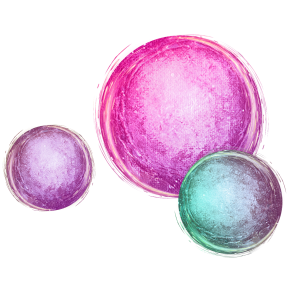
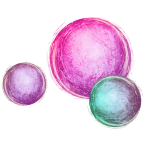
Our journey
Our Journey
The Arthritis Community Learning Circle began with reading the Truth and Reconciliation Commission Report and Calls to Action and Indigenous writings on the topic of the Indian Act and Indian residential schools, practicing good allyship with Indigenous Peoples, and seeking out Indigenous mentorship on education and advocacy activities. Our next steps include:
Webinar presentations
- Truth & Reconciliation Calls to Action 18 to 24 – Understanding the Context of Indigenous perspectives as related to health, and Our Way Forward
- The Papal Apology – Dr. Terri-Lynn Fox shares her reflections as an Indigenous Scholar, woman of the Blood Tribe, and support personnel during the Pope's visit to Canada.
- Indigenous Healing Practices – How to approach, what to offer, how to follow through with request, why the aforementioned are important
- Indigenous Ethics and Principles – Understanding why Indigenous ethics and principles are important in conducting research with Indigenous communities and creating a culturally safe health care environment.
Truth and Reconciliation Retreat with Dr. Fox
- As the Arthritis Community Learning Circle leader, this 3-day retreat was hosted by Arthritis Consumer Experts (ACE) and occurred from June 20-22, 2023. ACE team members and other Arthritis Community Learning Circle leaders and members attended this retreat. A report about the retreat will be published in August.
Editorial review of special materials
- Dr. Fox is our content expert reviewer for our special projects and we are grateful for her support.
Monthly or bi-weekly planning and progress meetings (suggested topics for on-going discussion):
- Discuss and formulate a viable list of possible partners as we move forward in decolonizing western practices while incorporating Indigenous methodologies and ways of knowing, being and doing
- Discuss what ill-health is in relation to Indigenous knowledge systems and why the high statistics of ill-health exist in Canadian society
- Discuss how we can better understand the aforementioned so as to foster the “systemic reconciliatory” process in Canadian systems and everyday environment
Allyship activities:
- Identifying key individuals (including elders, Knowledge Keepers), organizations or other, who may walk alongside ACE and Dr. Fox’s work
Our guiding themes reflect what we have learned so far on our collective journey towards Truth and Reconciliation:
- Building trust and collaboration with Indigenous communities to advance the work of Truth and Reconciliation by specifically working on Call to Action #22.
- Readiness - action (e.g., supporting or connecting with local Indigenous communities).
- Sharing knowledge - with children or grandchildren, colleagues, organizations.
- Hosting pharmaceutical industry learning session
- Meeting with other Arthritis Organizations (i.e., Arthritis Health Professions Association)
- Leading webinars including those hosted by Arthritis Consumer Experts and other organizations (i.e., KT Connects)
- Self-reflection - one's own trauma and biases shape our "lens", overcoming feelings of embarrassment/shame takes work.
- Allyship - better listening skills, openness, taking responsibility, planning for action.
- Supporting Indigenous artists by commissioning pieces of work
- Deferring to Indigenous expertise as a final arbiter for all produced content
- Learning needs - continuous learning, how to apply or operationalize traditional healing practices and beliefs
- Attending UBC Learning Circle events
- Continuing to read books and articles written by or with Indigenous authors

Examples of initiatives outside of the arthritis community
Examples of initiatives outside of the arthritis community
Montreal Urban Aboriginal Community Strategy Network
What are you or your organization doing as part of your journey to Truth and Reconciliation?
Please email feedback@jointhealth.org to share your journey with us.
How to get involved
The works starts from within – with a deep examining of who we are as humans and rediscovering our core human values: Responsibility, integrity, respect, peace, love, understanding, justice, action, non-violence, humility.
Are you or your organization ready to advocate for real change to occur within municipal, provincial, national, and territorial governments, and organizations to close the gaps within the Canadian healthcare system and improve arthritis care for Indigenous Peoples?
Join the Arthritis Community Learning Circle today by sending an email to feedback@jointhealth.org
Resources
How to take action
Activity 1 – Defining an “ally”.
From our work and our discussion with an Indigenous scholar, we came to realize that the word “ally” is poorly defined and has colonial roots. Thus, we encourage others to reflect deeply on what being an “ally” really means and the actions that need to be taken in solidarity with Indigenous Peoples. Through our own reflection process we came to realize that a “good ally” is a friend. One that walks with you through uncharted territory, someone you can lean on. Therefore, we have chosen to use the word friend instead of ally, and we ask….
Walk with us...
a’piksikka’yi OR áaksíksikka’yiwa (s/he will walk; future)
Listen to Blackfoot pronunciation here.
Activity 2 – Who am I?
A deep reflection of self, one that requires going inwards and moving beyond titles and accolades. A process of peeling back the layers to expose the core being and all that it values and represents. We encourage you to ask yourself “who am I?”, not “what am I?”. An example may be:
I am a mother of two, a wife of settler and a daughter of immigrants. I hold my family very near to my heart. Some describe me as a curious being and lover of art. My own journey towards truth and reconciliation has been…
Please note that it is important to cultivate a welcoming environment and supportive tone before starting. You and others may find that this activity allows space for vulnerability, which will act to strengthen your relationships.
Resources
Many excellent resources are available to non-Indigenous organizations to help them take the first steps on the path towards Truth and Reconciliation.
